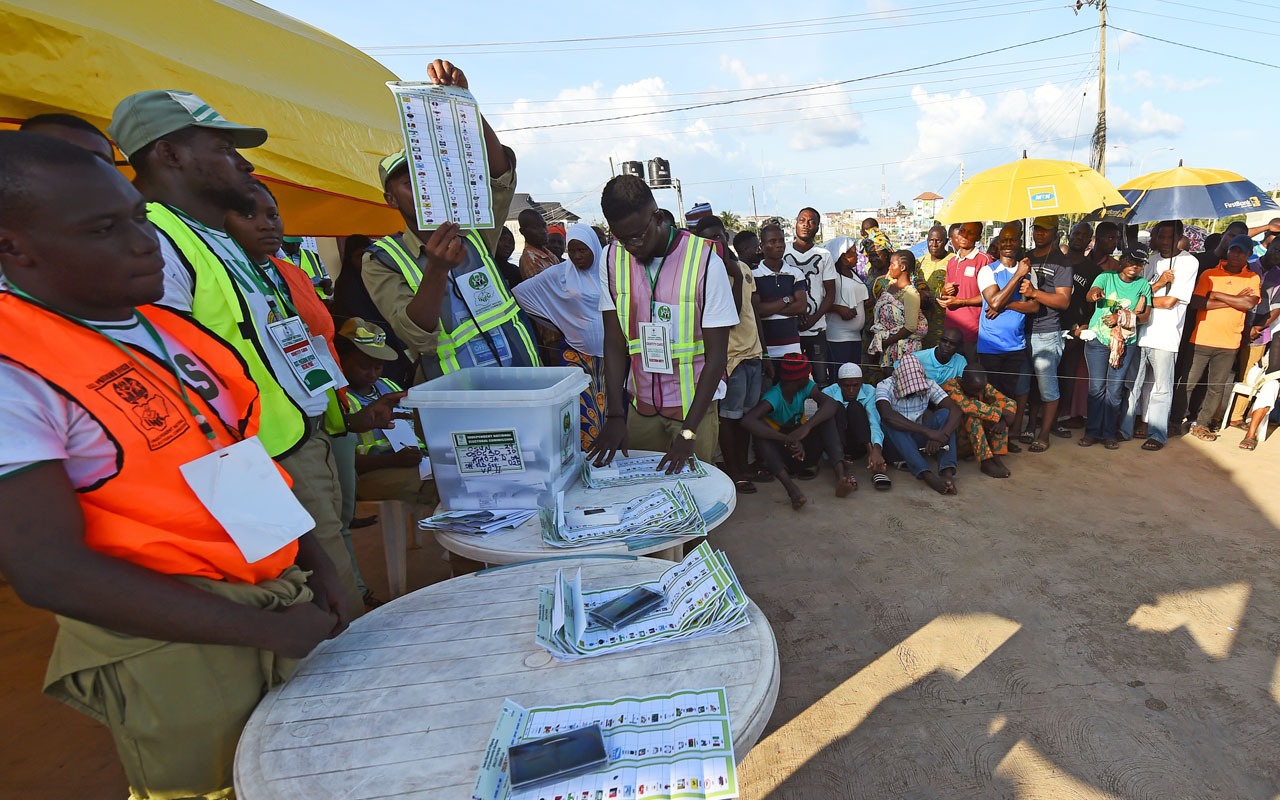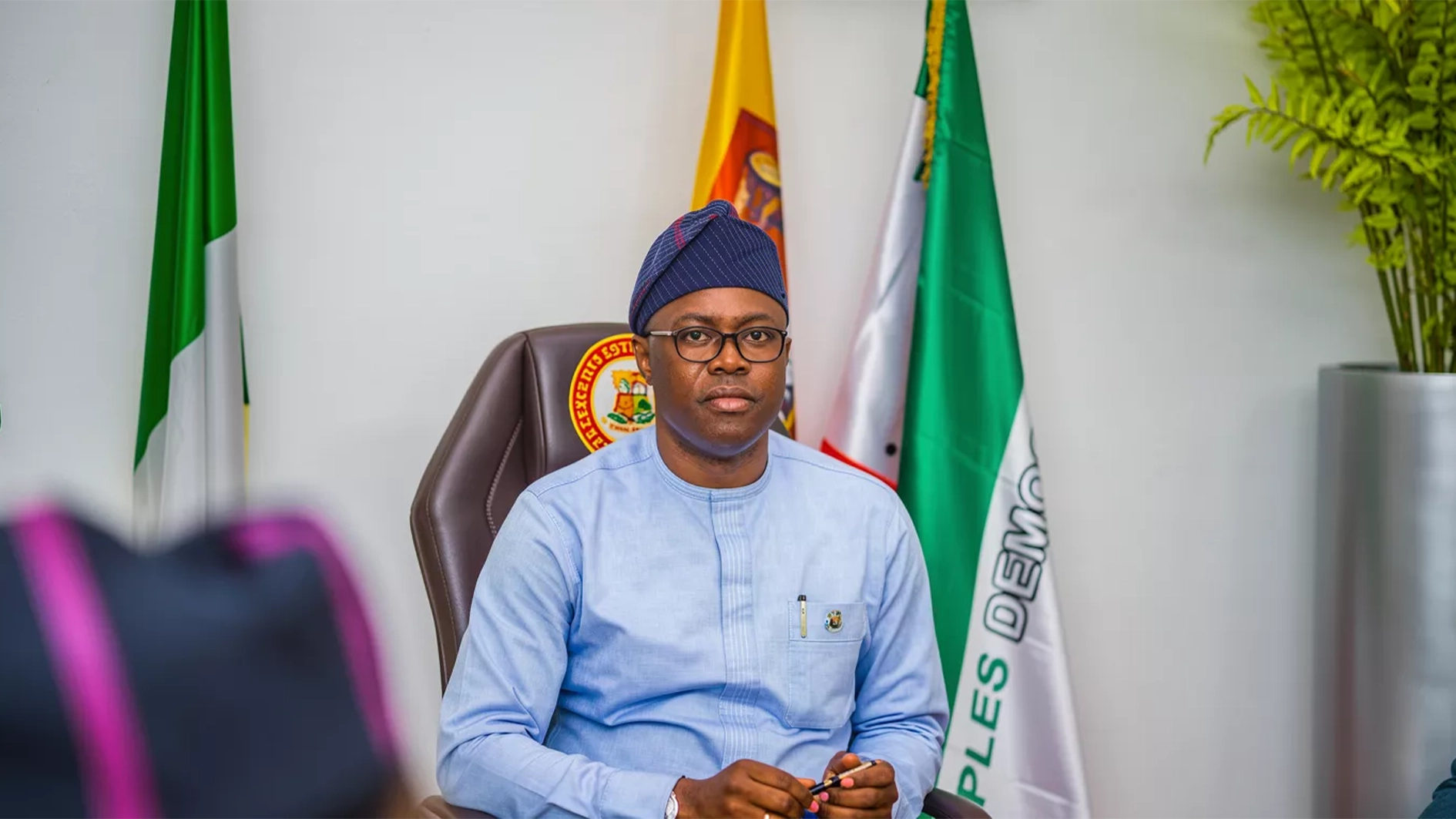
As both parties come together for the rerun scheduled to take place in a few days from the writing of this piece, one expects these politicians outside the main two parties to be courted for the votes; indeed, both PDP and APC know that every single vote counts, and what they can offer will be the difference between a win or a loss. In any other country, maybe this could have led to key policy-oriented concessions, or maybe some of their people in choice positions in the coming government. Ours is not a haven for substantive policy ideas, though, so let’s not get too carried away. Some key concessions could indeed be made in exchange for promise of votes, however, and that may well be a key decider for who eventually wins in Osun State.
But besides getting Big Fish on their side, what does this mean for Nigerians who want an alternative to the major parties?
On the one hand, this offers room for hope in our democracy. The two parties can indeed be beat, or at least shocked, at the polls, but it will require some planning on the part of the minor parties. They will have to pay careful attention to the political situation in each state and figure out how much they can realistically do to upset the usual political balance. Nigeria is less a nation than it is a collection of locals, each local with its own highly-specific interests that needs to be addressed and groups within that local with their own specific key influencer. The more one can meaningfully answer these concerns and get those influencers on your side, the likelier one is to gain appeal. This may mean that state-level politics may be a better, more effective laboratory for political upsets than, say, a presidential ticket.
But here, dear reader, lies the problem with wanting “fresh faces” untainted by old politics: if smaller parties have to find someone from the old order to align with them, they honestly cannot be said to be “untainted” or “new”. Lest we forget, APC itself was a collection of other opposition parties organized specifically to compete politically with PDP. They were able to mobilize different local and regional interests and organize them into one national party. This is not a knock on APC; it is not clear to me how one wins at election in a society like ours where you cannot mobilize grassroots structures for your own benefit. Whoever is mobilizing for a party has to be deemed largely trustworthy and recognizable. Parties either have to work to build that recognition over time, or use the short cut of having someone who has already done that work on their side, then build their state or regional appeal around that person. At least, that is what you have to do if you want to have a prayer of winning.
For all the interesting conversation that the election has thrown up, it is not altogether clear what this will mean for actual outcomes when poetry turns to prose and it is time for governing. Politics and policy-making that best makes a positive impact on the socioeconomic development of the people require the very different tools. But Nigeria’s is a young democracy, and it is important to demonstrate that there are indeed still other ways for smaller parties to influence the political space. Smaller parties everywhere and those averse to the two major parties could take some comfort from that.
[ad unit=2]






